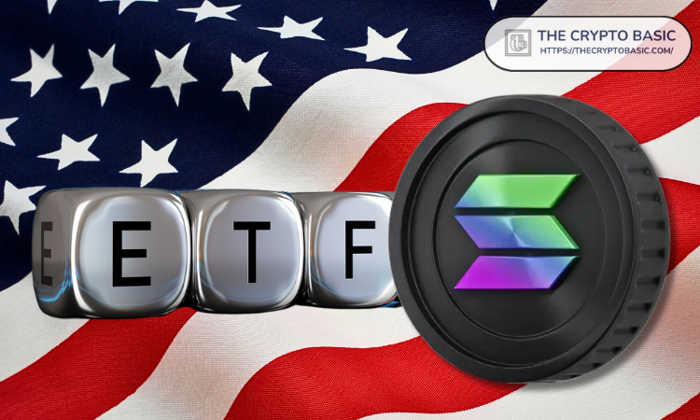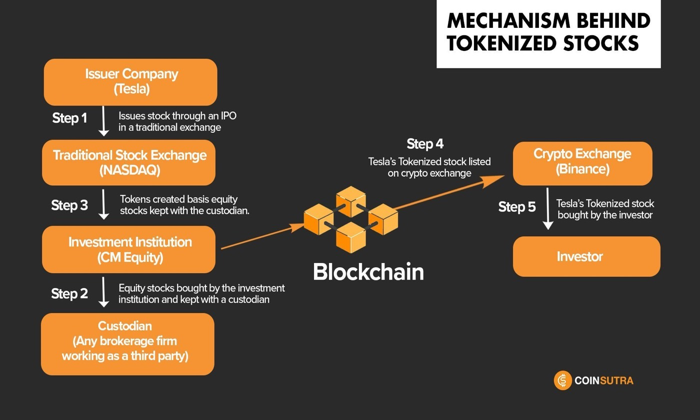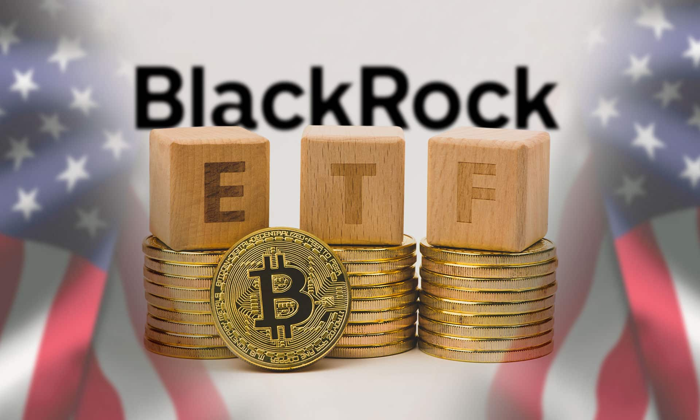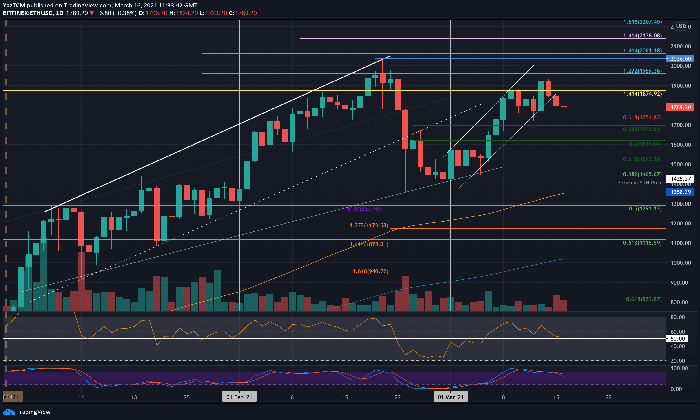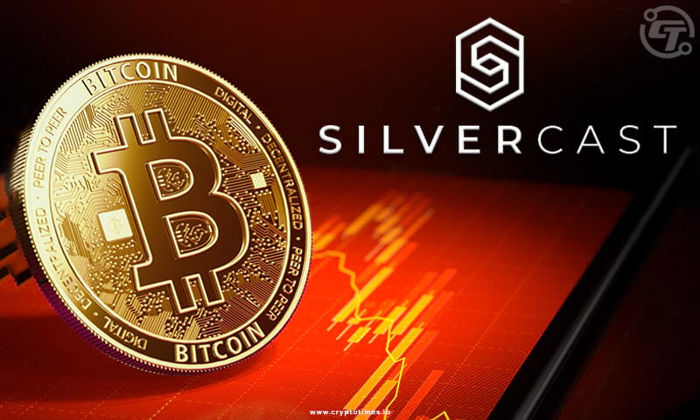In a recent move, Trump tech product tariff exemptions have provided significant relief to the technology sector, allowing crucial items like smartphones, semiconductors, and laptops to evade hefty trade tariffs. This development comes amid ongoing tensions between the US and China, as the US administration aims for a more favorable outcome in the US-China trade deal. With the exclusion of essential tech products from tariffs, analysts predict a positive reaction in technology stocks, which suffered greatly during the trade war. Furthermore, a ripple effect is expected in cryptocurrency markets, particularly a Bitcoin price surge, as investor confidence grows along with market risk appetite. As both traders and tech companies absorb this news, the implications for tariff exemptions extend beyond mere pricing, signaling a pivotal moment for the US economy’s recovery and stability in international trade.
The recent decision to exempt certain technology imports from tariffs is a significant pivot in US trade policy, reflecting the Trump administration’s strategy to ease tensions in the tech industry. This latest round of tariff waivers has predominantly affected key electronic devices and components, which are critical for both consumer and commercial sectors. This initiative can be seen as part of a broader negotiation approach to establish a favorable US-China trade relationship, potentially paving the way for more comprehensive trade agreements. Additionally, this has sparked optimism among investors, fuelling the crypto market reaction as cryptocurrencies like Bitcoin witness impressive gains. By alleviating trade pressures, these tariff exemptions not only bolster technology stocks but also revitalize investor sentiment across various financial markets.
Impact of Trump’s Tech Product Tariff Exemptions
The recent decision by President Trump to exempt certain technology products from tariffs marks a significant shift in US trade policy, especially in the context of the ongoing US-China trade negotiations. By removing tariffs on smartphones, semiconductor chips, and other essential tech components, the administration aims to relieve stress on the technology sector, which has faced considerable headwinds due to the trade war. This exemption is crucial, as it not only supports major tech companies but also fosters innovation and competitiveness within the industry. As technology stocks recover from their lows, investor confidence is likely to return, leading to a bullish outlook on the stock market as a whole.
Moreover, the implications extend beyond just the stock market; they resonate throughout the entire economy. With the technology sector representing a significant share of the US economy, the removal of these tariffs is anticipated to result in increased consumer spending on tech products, further driving economic growth. As large-cap technology firms potentially see an uplift in their stock valuations, other sectors may benefit through increased investments and collaborations, emphasizing the interconnected nature of modern economies.
Bitcoin Price Surge Post-Tariff Exemptions
Following Trump’s announcement of tariff exemptions, the cryptocurrency market experienced a notable reaction, exemplified by a significant surge in Bitcoin prices. Bitcoin climbed over 9%, reaching a record high of more than $85,000 in response to the positive sentiment generated by the trade developments. The correlation between tech stocks and Bitcoin suggests that as the tech industry regains strength, cryptocurrencies may also benefit from a more favorable market environment. This interplay underlines the growing trend of crypto being viewed as a viable alternative asset class amidst traditional market fluctuations, particularly influenced by macroeconomic policies.
The crypto market’s reaction to tariff exemptions illustrates a broader trend where financial markets are increasingly interlinked. As tech stocks rise, many investors turn to Bitcoin and other digital assets as a hedge against traditional market volatility. This sentiment shift can lead to a cascade effect, where increased investment in cryptocurrencies further solidifies their market positions, making them a central focus for many investors looking for growth outside conventional equities.
Technology Stocks and Market Dynamics
The release from tariffs is expected to revive interest in technology stocks, which have been historically volatile during trade discussions. As companies face lowered import costs on essential components, their operational expenditures will likely decrease, resulting in healthier profit margins. Investors often turn to tech stocks during times of economic uncertainty given their potential for rapid growth and innovation. With the US-China trade tensions easing, it opens the door for a renewed investor focus on these stocks, potentially leading to a rally that could spill over into other sectors as well.
Furthermore, the lifting of tariffs may create an environment conducive to collaborations between US tech companies and Chinese counterparts, enhancing technological advancements through shared resources and expertise. As firms navigate past the obstacles previously posed by tariffs, the potential for new partnerships and innovations rises, giving rise to a positive feedback loop that can sustain market momentum and drive up stock prices in the long term.
US-China Trade Deal: Implications for Global Trade
The recent tariff exemptions signify a tactical move in the broader context of the US-China trade deal negotiations. By easing restrictions on select tech imports, the US administration is likely signaling a willingness to foster better trade relations, which could lead to a more comprehensive agreement that benefits both parties. As global industries closely watch the evolution of these discussions, clarity in trade policies could restore international investor confidence, further stabilizing global markets.
In the context of international trade, a successful US-China deal could have far-reaching implications. Improved trade relations can lead to enhanced supply chains and market access for American and Chinese companies alike, facilitating smoother operations and potentially leading to price reductions for consumers. As tariffs diminish, businesses may redirect their resources towards innovation and growth, aligning with global economic trends that favor collaboration and cross-border investments.
Crypto Market Reaction to Trade Policies
With the recent developments concerning tariff exemptions, the cryptocurrency market has demonstrated its dynamic nature in responding to macroeconomic signals. Cryptocurrencies like Bitcoin are increasingly viewed as alternative investments that respond not only to their respective supply and demand dynamics but also to external factors like US trade policies. The tariff relief has invigorated market sentiment, suggesting that investors are optimistic about the potential for economic stability moving forward.
Additionally, as the crypto market grows, the clear link between traditional monetary policies and digital assets becomes more evident. Investors are beginning to recognize the implications of tariffs and trade deals on their investment choices, leading to a more strategic approach towards trading in cryptocurrencies. Therefore, the positive shifts in the tech sector due to tariff exemptions not only uplift traditional stocks but also bolster confidence in the broader digital asset landscape.
Evaluating Investment Risks in Technology and Crypto
Despite the positive outlook created by Trump’s tariff exemptions, it is crucial for investors to remain cautious. The ever-changing landscape of global trade introduces a layer of volatility, particularly for technology stocks and cryptocurrencies. While potential gains loom large, unforeseen events and policy changes can rapidly alter market dynamics. Investors need to closely monitor these developments and maintain a diversified investment portfolio to mitigate risks associated with market fluctuations and trade negotiations.
In the cryptocurrency space, the risks are just as palpable. Recent surges and bullish trends in Bitcoin may attract novice investors, but it’s essential to recognize the inherent volatility and speculative nature of the market. As encouraging as the immediate reactions to trade policies are, long-term sustainable growth relies on robust market fundamentals and global economic stability. Continuous research and understanding of the market’s complexities can empower investors in navigating these risks effectively.
Future Outlook for Tech and Crypto Markets
Looking ahead, the future of both technology and cryptocurrency markets may hinge on the durability of the recent trade policy changes. If the US-China negotiations lead to a lasting agreement, it could catalyze a prolonged period of growth for technology stocks and create fertile ground for cryptocurrencies to thrive. As investor confidence builds, capital flows toward these sectors may accelerate, driving innovation and leading to further advancements in both fields.
Additionally, the broader economic environment will play a pivotal role in shaping the trajectory of these markets. Factors such as interest rates, consumer spending patterns, and global market sentiment will influence both technology and cryptocurrency value propositions. Furthermore, regulators’ approaches to cryptocurrencies can shift rapidly, impacting market dynamics in unexpected ways. Therefore, keeping an eye on these interconnected trends will be vital for anyone interested in investing in tech or crypto markets.
Max Keiser’s Perspectives on Bond Yields and Tech Exemptions
Max Keiser’s insights on the economic implications of exempting tech products from tariffs highlight the complexity of the current financial landscape. His assertion that these exemptions won’t necessarily equate to lower bond yields brings forth an important consideration for investors: macroeconomic policies are multifaceted and require a comprehensive understanding. The rising yield on US Treasury bonds reflects underlying bond market sentiment, suggesting that while tariffs may ease pressure on tech stocks, they do not automatically translate into lower interest rates or a reinvigorated bond market.
Keiser’s skepticism underscores the potential disjunction between government policy and market realities. As bond investors react to these developments, it becomes evident that confidence in US securities, and by extension, the US Dollar, could take time to restore, regardless of tariff adjustments. The implications of policy decisions extend far beyond immediate stock market benefits, emphasizing the necessity for ongoing analysis of economic indicators and trends to navigate the complexities of investing during uncertain times.
Conclusions on Tariff Exemptions and Market Predictions
In conclusion, the exemptions of select tech products from tariffs represent a significant turning point in the ongoing trade saga, offering various advantages to the tech industry and by extension, the cryptocurrency market. The initial positive reactions seen in stock prices and the crypto space illustrate how interconnected and responsive these markets are to trade-related news. However, as with any economic policy shifts, caution and analytical awareness remain paramount.
Investors will need to stay informed about the evolving landscape of US-China relations, tech developments, and global market uncertainties. While the current trajectory appears promising for tech stocks and cryptocurrencies, it is essential to remain grounded in research and risk management strategies to navigate potential volatility stemming from trade negotiations and economic policies.
Frequently Asked Questions
What are the benefits of the Trump tech product tariff exemptions?
The Trump tech product tariff exemptions provide significant relief to the tech industry by excluding essential items like smartphones, chips, and computers from tariffs. This can lead to improved profit margins for technology companies, boost technology stocks, and enhance overall market stability.
How do Trump tech product tariff exemptions affect Bitcoin and the crypto market?
The Trump tech product tariff exemptions have led to an immediate positive reaction in the crypto market, exemplified by a Bitcoin price surge that saw it surpass $85,000. The tariff exemptions encourage a risk-on environment that benefits cryptocurrency pricing and trading activities.
What is the relationship between Trump tech product tariff exemptions and the US-China trade deal?
The Trump tech product tariff exemptions are seen as a strategy to facilitate negotiations in the US-China trade deal. By easing tariff pressures on certain tech products, it may create a more favorable environment for discussions aimed at resolving broader trade tensions.
How do tariff exemptions impact technology stocks?
Tariff exemptions under Trump’s policy relieve pressure on technology stocks, which were heavily impacted by ongoing trade disputes. This boost can result in higher valuations and increased investor confidence in large-cap tech companies.
What effect did Trump’s tariff exemptions have on the S&P 500 index?
Following the announcement of tariff exemptions on tech products, the S&P 500 rose by over 10%. This reflects a positive market response to decreased trade tensions and the potential for enhanced growth in technology sectors.
Can the exemption of tech products from tariffs impact bond yields?
Although the Trump tech product tariff exemptions are intended to reduce trade tensions, analysts like Max Keiser argue that they may not significantly lower bond yields. The trends in bond rates continue to reflect broader economic uncertainties beyond tariff changes.
How did investors react to the news of Trump’s tech tariffs exemptions?
Investors reacted favorably to the news of Trump’s tech product tariff exemptions, as evidenced by a surge in Bitcoin prices and overall bullish behavior in technology stocks. This indicates a renewed risk appetite among market participants.
Is it advisable to invest in technology stocks following the tariff exemptions announced by Trump?
While the tariff exemptions could provide a short-term boost to technology stocks, investing decisions should be made based on thorough research and individual risk assessments, considering the broader economic landscape and market conditions.
| Key Points |
|---|
| Trump exemption from tariffs includes smartphones, chips, computers, storage cards, modems, diodes, and semiconductors. |
| Tech industry relieved as tariffs create pressure on stocks; larger tech firms expected to benefit in the long run. |
| Cryptocurrency markets, closely tied to tech stocks, show positive reaction, including a surge in Bitcoin prices post-announcement. |
| Tariff exemptions interpreted as part of US-China trade negotiations; a pause on tariffs suggests flexibility and strategic positioning. |
| Market responses included a 9% rise in Bitcoin and a 10% increase in the S&P 500 following Trump’s announcements. |
| Market analysts have mixed views on the impact of tariff exemptions on bond yields, with some arguing it may not significantly affect long-term trends. |
Summary
The recent decision by Trump to grant tech product tariff exemptions is a significant development in the ongoing trade saga. By removing tariffs on a variety of tech products, including smartphones and computer components, the administration aims to alleviate pressure on the tech sector while potentially boosting market confidence across the board, including in the cryptocurrency markets. This move not only supports large-cap tech companies but also has immediate positive repercussions on asset prices, like Bitcoin, reflecting the interconnected nature of global markets and trade policies.
In a significant move that has far-reaching implications for the tech industry, Trump tech product tariff exemptions have emerged as a beacon of relief amidst ongoing trade tensions. Recently, the Trump administration announced that various technology products, including smartphones, semiconductors, and computers, would be exempt from tariffs, providing a much-needed boost to technology stocks that have suffered under previous trade war pressures. This strategic decision not only aims to alleviate burdens on manufacturers but also serves as a catalyst for a potential rebound in the US stock market. As tech stocks begin to show signs of recovery, the positive market sentiment is likely to ripple through the cryptocurrency space, reflected in the recent Bitcoin price surge. With these tariff exemptions coinciding with discussions surrounding the US-China trade deal, the crypto market reaction could signify an optimistic outlook for investors.
The recent announcement regarding tariff exemptions on high-tech goods marks a pivotal moment for both the technology sector and the financial landscape. With the decision to lift tariffs on key products such as smartphones and electronic components, industry stakeholders are optimistic about a revival in technology stocks, which have been under pressure due to trade disputes. This development not only supports companies directly involved in tech but also has implications for the broader economy, potentially enhancing investor confidence. As markets adjust to these changes, the surge in Bitcoin’s value suggests that cryptocurrency enthusiasts are closely monitoring the evolving dynamics of trade policies and their effect on asset prices. Overall, this move could facilitate a more favorable negotiating environment in the context of the ongoing US-China trade discussions, impacting both conventional and digital currencies.





